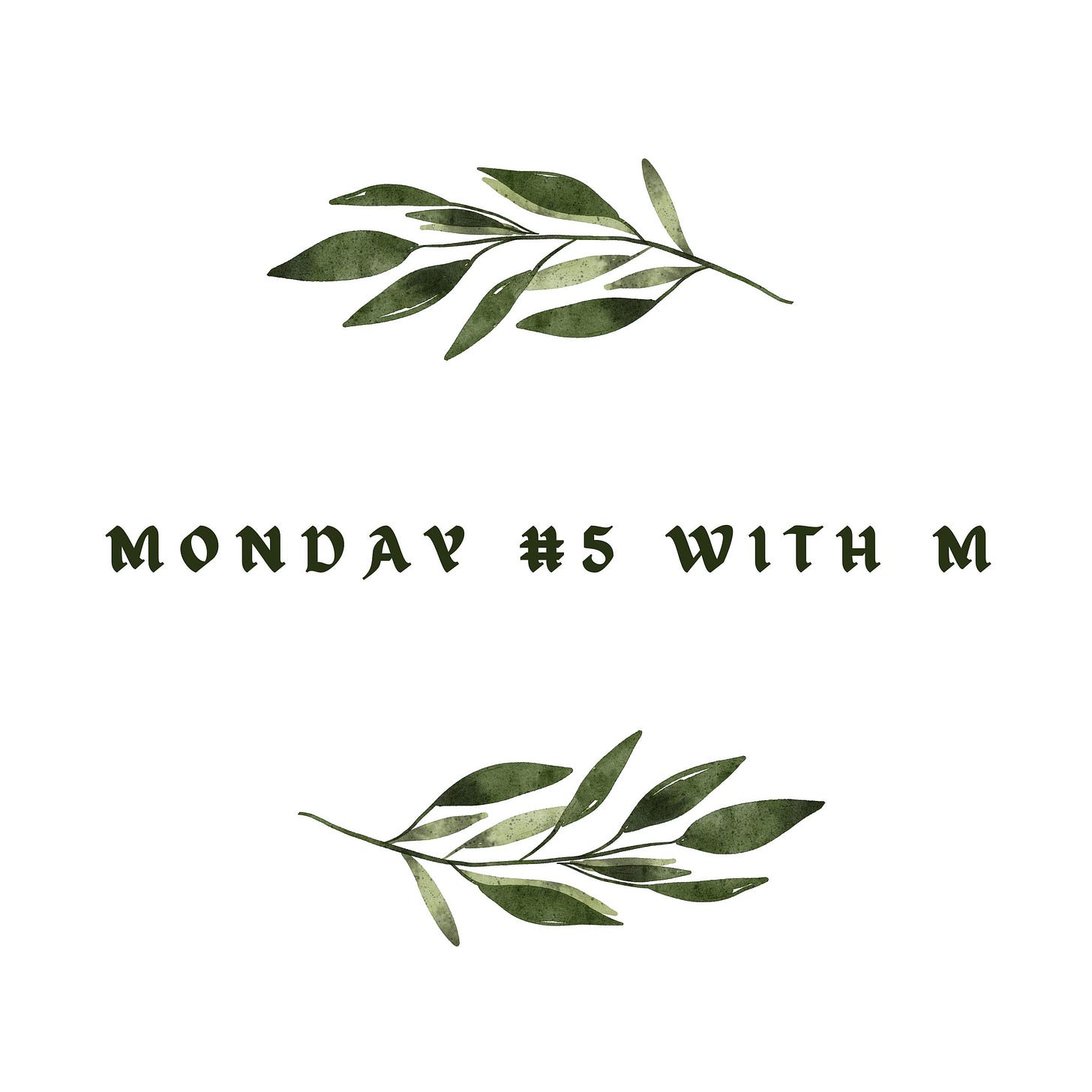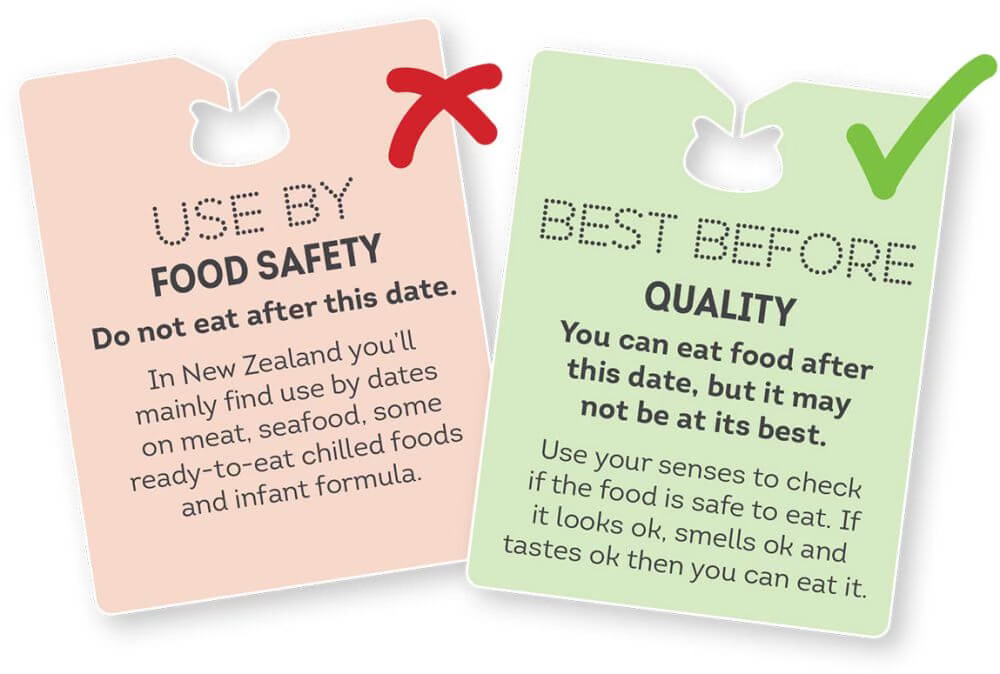Hi, and welcome to Monday #X with M. Each week, I’ll share some topics I’ve come across recently—an idea, article, or story—that caught my attention. I’ve learned so many interesting things from the people who’ve shared what they’ve found useful, and I consider that an act of kindness. This is my weekly care package to you, filled with fun and/or thoughtful discoveries to start your week on a good note.
I’ve chosen the #X format because I sometimes struggle with consistency, and I thought seeing the number grow each week would motivate me to keep going. Let’s get into it!
Spotlight Three
I. Harris vs. Musk: A Friendship Gone Wrong
Today is the inauguration for the 47th president of the United States, and it's fair to say that since the election, the spotlight has shifted more toward Elon Musk than Trump. As the new addition to Trump's world, Musk potentially makes this second term not just a replica of the previous turbulent period, but rather a more dangerous ordeal with lasting effects on the whole world. Sam Harris has taken this opportunity to discuss his friendship with Musk, shedding light on the man behind the public persona. The catalyst for their friendship's end? A bet they made at the beginning of the pandemic, which Musk lost.
Sam Harris calls this "a cautionary tale for any of Elon's friends who might be tempted to tell the great man something he doesn't want to hear."
When Musk tweeted "the coronavirus panic is dumb," Harris messaged him about the importance of not underestimating the pandemic. After two hours of texting back and forth, they reached this arrangement:
Elon bet me $1 million dollars (to be given to charity) against a bottle of fancy tequila ($1000) that we wouldn't see as many as 35,000 cases of Covid in the United States (cases, not deaths).
I was confident that we'd soon have 3.5 million cases of Covid in the U.S. Elon accused me of having lost my mind and insisted that we stick with a ceiling of 35,000.
A few weeks later, when the CDC website finally reported 35,000 deaths from Covid in the U.S. and 600,000 cases, I sent Elon the following text:
Is (35,000 deaths + 600,000 cases) > 35,000 cases?
This text appears to have ended our friendship.
This revealing paragraph from someone who knew him is particularly alarming:
Of all the remarkable people I've met, Elon is probably the most likely to remain a world-historical figure—despite his best efforts to become a clown … The friend I remember did not seem to hunger for public attention. But his engagement with Twitter/X transformed him—to a degree seldom seen outside of Marvel movies or Greek mythology. If Elon is still the man I knew, I can only conclude that I never really knew him.
The richest person in the world, now with unlimited access to power? God help us all.
II. Work, Life, and Happiness: Lessons from Denmark
As a family who has uprooted our life and emigrated to a whole new continent, we sometimes wonder if we should have chosen one of the Scandinavian countries. On days like this, when you read something like this article in BBC, you think, "Yup! We should have."
Meik Wiking, author of the book The Art of Danish Living, has long regarded his home country as a shining example of what other countries should aspire to mimic with their workplace policies.
"Danes are actually happy at work," he tells the BBC. "Almost 60% of Danes say they would continue to work if they won the lottery and became financially independent."
Do I need to say more?
According to the article, here are some factors contributing to this happiness:
A culture of trust which eliminates the need for micromanagement
The right to a minimum five weeks of paid annual leave per year, in addition to public holidays
Only 1.1% of Danes have to work 50 or more hours a week
A very generous six months of paid maternity and paternity leave
Flexibility during the workday, especially for employees with kids
No expectation of working on weekends or overtime
Are there any downsides? Yes, Casper Rouchmann, a Copenhagen-based CEO and founder of tech firm SparkForce, says "Some people can rely too much on that safety net, and it might say to them that they don't have to take real risks, which is why we can be less entrepreneurial compared to the US."
Which basically means there's less crazy ambition and less money, but people are happy. I'd say that's a pretty good deal - perhaps even a glimpse of what work-life balance should really look like.
III. From Zoom to Room: Remember to Shower, Please
Back in September 2024, Amazon announced it would require corporate workers to return to the office five days a week starting January. Shortly after this announcement, other corporations started following suit, the latest being JPMorgan.
But the workers are putting up a fight. There's still considerable chatter going on at Amazon, and JPMorgan had to disable internal comments after employee backlash over their RTO (Return-to-office) policy.
JPMorgan will grant exemptions to teams whose productivity and output can be objectively and precisely quantified, meaning departments with clearly definable performance metrics will potentially be allowed to maintain some remote work flexibility.
From experience, if you decide to make a drastic change affecting many people, talking about exceptions from the beginning might not be the wisest choice. You have to level the ground first, get people settled, and there's always time later for introducing incentives and productivity boosters. But doing it this way? No wonder there's backlash.
Personally, I've had a love-hate relationship with working from home. Of course, I was grateful for it during the worst of the pandemic when I was out of my mind with fear. But once things settled down and offices reopened - ours being one of the first as we work with frontline workers - I was happy to be back. I assume no one minds working in their pajamas from time to time, especially on freezing days, but doing it on a regular basis? No, thank you.
This list of challenges for teams who have gotten back to work is quite telling about what has happened to human interactions and social decorum:
On Blind, which runs anonymous message boards for corporate employees, Amazon staffers posted an 'essential survival guide,' offering tips for colleagues coming back to the office.
'Operation: Don't Be The Office Menace' listed several do's and don'ts for working around other people.
'Deploy personal hygiene protocols BEFORE leaving your launch pad (home). Yes, that means actually using the shower you've been avoiding since WFH began,' one piece of advice for office life at Amazon said.
Another urged colleagues to keep the toilets tidy: 'The bathroom stall is not a "serverless" environment. Flush after use — it's called "garbage collection" for a reason.'
A third tip focused on the types of shoes to wear in the office. 'Footwear is not optional. This isn't a beach sprint retrospective — keep those toes contained in their proper containers (shoes),' someone wrote.
What a world we live in!
Added Spark
The Mystery of Expiration Date
Have you always struggled to determine whether you should throw something out because the "Best before" date has passed? Watch this video.
You Might be Doing This Wrong
I know we all think we know how to brush our teeth, but if you're getting recommendations every time you visit your dentist or dental hygienist, then like me, you probably don't really know. This visual guide might help.
Words Worth Sharing
I must change my life so that I can live it, not wait for it.
Susan Sontag
This is it for this week’s edition of Monday #X with M. If something here made you think, smile, or sparked your curiosity, consider sharing it with someone who might enjoy it too. You never know whose day you might brighten with a thoughtful word or idea—it’s a small act of kindness that can go a long way. See you next Monday!









